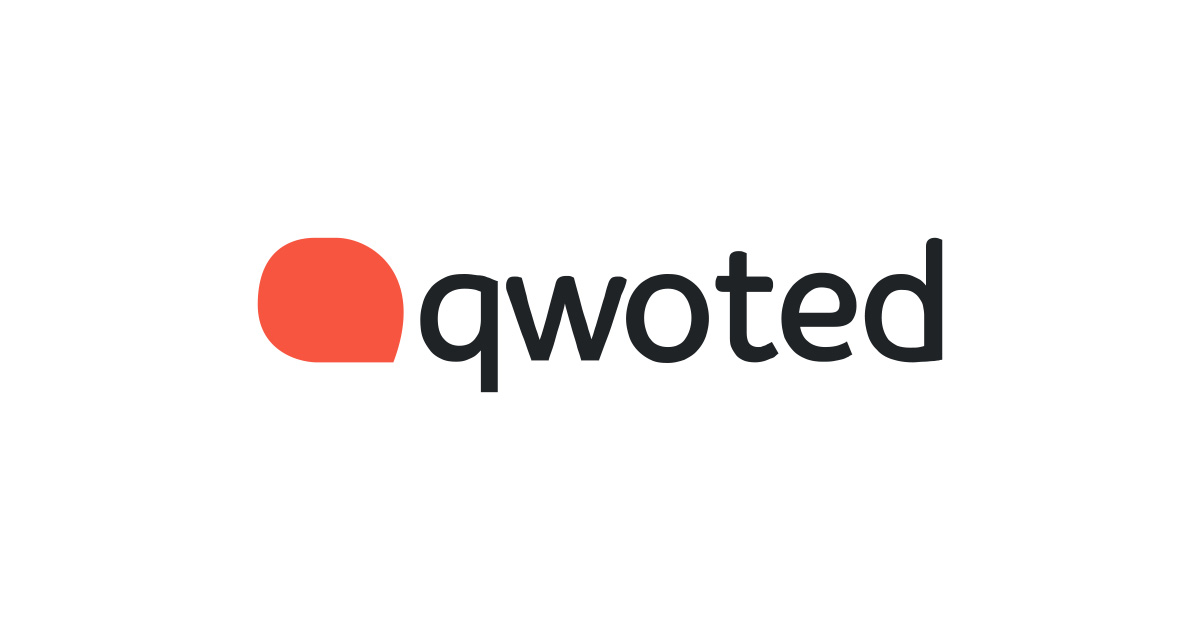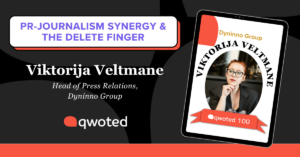Qwoted is committed to exploring the current state of the media by speaking to industry leaders and educating future generations of media professionals. What has social media and technological innovation brought to the table? What can we expect for the future of journalism?
Jay Campbell began his journalism career at the age of 14, writing for local newspapers. As a graduate from Boston University with a degree in Journalism, Campbell was introduced to the travel publishing industry through an internship. After securing a role with Business Travel News, Campbell relocated to New York City and would go on to gain experience at newswire service Bridge News. In 2004 Campbell created a weekly e-newsletter covering business travel technology called Business Travel Beat, which he later sold and served as Chief Content Officer and Co-Owner. In 2014, Campbell and his co-founder started the subscription-supported news and analysis site for corporate travel professionals, TheCompanyDime.com.
Which aspects of your work do you find the most challenging? The most rewarding?
JC: It can be challenging to find ways to serve our audience with limited resources, but hearing from our users that The Company Dime provides connections and value to our readers is the most rewarding part of my work.
If there’s one thing you could change or improve about journalism—in any area—what might that be and why?
JC: We need technology that better controls access to content. Current paywall models still allow for too many leaks.
Social media has upended the traditional media landscape. One of the great challenges it creates is authenticity and malevolent actors. How do think journalists and reporters should deal with the rising tide of misinformation?
JC: Stick to the basics. Publish your ethics. Embrace corrections.
What do you think about the role of technology in journalism? Is it helpful? harmful? Something in between?
JC: While technology creates certain concerns, I’d say it’s been more helpful than harmful, by providing advantages like PACER, LinkedIn, RSS, smartphones, etc. Although subscription-only services existed before the web, they were hard to create and sustain.
What do you see as some of journalism’s biggest potential pitfalls? And what gives you hope for the future of journalism?
JC: I think trade media attempting to make money on customized content has proven to be a flimsy model. The pandemic has shown a need for authenticity and good journalism, though not all are willing to embrace it.



